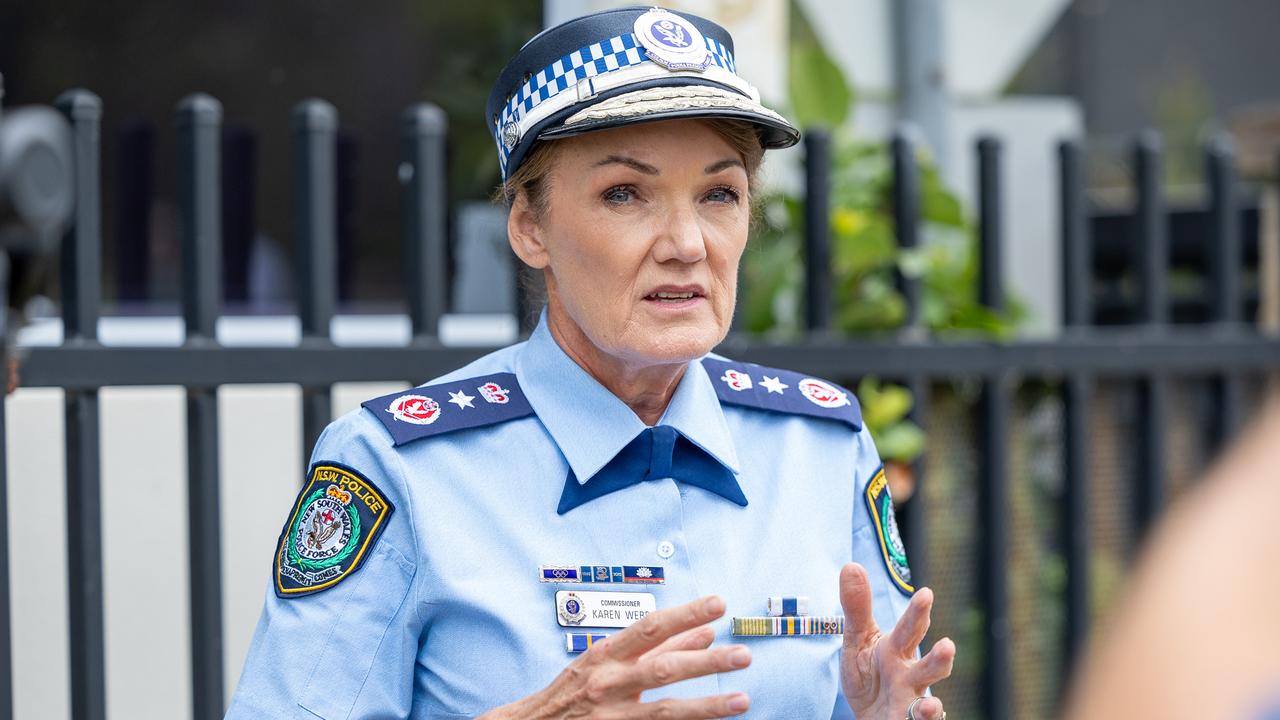Sydney businessman Charif Kazal’s human rights violated by ICAC, United Nations declares
Sydney businessman Charif Kazal is celebrating after notching up a stunning win over controversial NSW government body. Here’s how it played out, and what it could mean going forward.
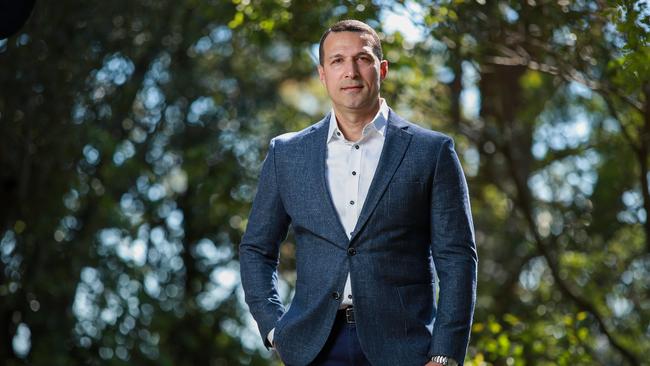
NSW
Don't miss out on the headlines from NSW. Followed categories will be added to My News.
A Sydney businessman labelled corrupt by a NSW government watchdog has been vindicated on a global scale, after the United Nations ruled the corruption probe had violated his human rights.
Charif Kazal had been a successful and respected businessman in Sydney for close to 20 years when the NSW Independent Commission Against Corruption (ICAC) labelled him corrupt in December 2011 following a public inquiry into his family’s relationship with a Sydney Harbour Foreshore Authority executive.
He was never charged – the Director of Public Prosecution said there wasn’t enough evidence to sustain a criminal case – but Mr Kazal’s reputation was ruined nevertheless.
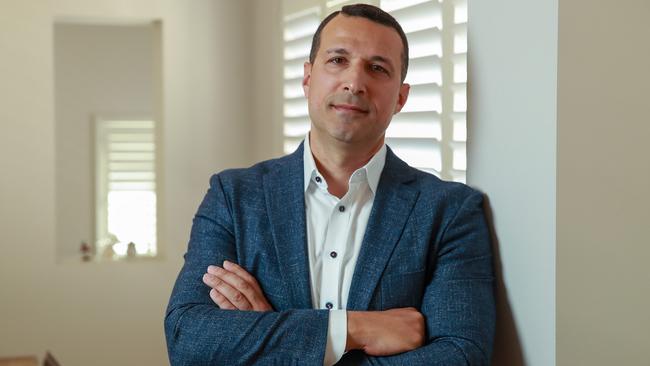
After several years spent exploring every avenue in Australia seeking to have the corruption finding overturned, Mr Kazal took his quest global in 2017, engaging pre-eminent Australian barrister Geoffrey Robertson KC and solicitor Richard Mitry to challenge the ICAC’s findings before the UN Human Rights Committee.
On Tuesday evening, Mr Kazal received a call from Mr Mitry telling him they had won.
“I cried. I had tears down my cheeks,” Mr Kazal told The Daily Telegraph.
“It’s been far too long. It’s almost been a life sentence, every day for the past 13 years I’ve been living with this.
“Now the highest court in the world has spoken at a global level.
“This is a victory for myself, my family, for everyone who has been suffering an injustice at the hands of the ICAC.”
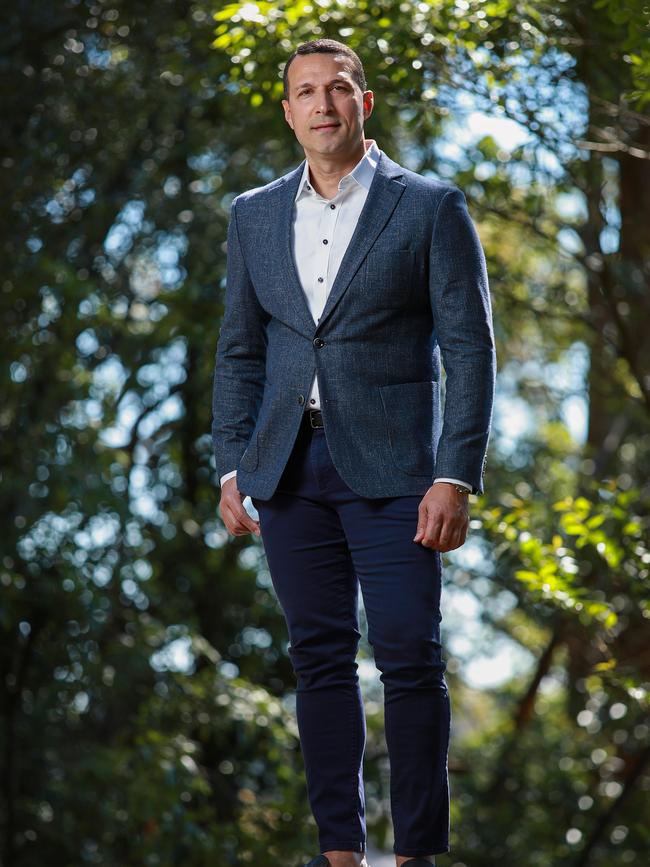
Mr Kazal’s legal team argued before the UN hearing that the ICAC’s low evidentiary threshold and the process of having public inquiries undermined Mr Kazal’s presumption of innocence.
They claimed the lack of exoneration process within the ICAC legislation left Mr Kazal with the stigma of being a criminal, despite no criminal charges being brought against him.
Mr Robertson KC submitted that the ICAC process constituted a breach of the International Covenant on Civil and Political Rights.
The committee found the ICAC process had violated Mr Kazal’s human rights under Article 17 of the covenant, concerning the right to not be subjected to arbitrary or unlawful interference with his privacy, family, home, correspondence, honour and reputation.
“It determined that the public nature of the ICAC proceedings and the publication of findings which could not be challenged by Mr Kazal before any domestic authority, and for which no reason was provided to make the proceedings and findings public, amounted to an arbitrary interference with his right to not be subjected to arbitrary or unlawful interference with his privacy,” Mr Mitry said in a press release published on Wednesday.
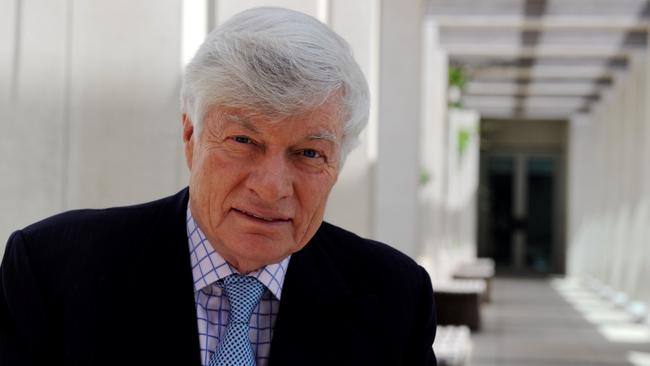
“The Committee specifically noted the lack of adequate procedural safeguards in the ICAC’s handling of the case and the absence of mechanisms for Mr Kazal to challenge the findings.”
Speaking to the Telegraph from his office Sydney, Mr Mitry said Mr Kazal would now seek compensation from the state government as a result of the findings.
He suggested the UN ruling could fundamentally alter how the ICAC operated in the future and rock the commission to its core.
“At a broader level, I think even though there has been progress in relation to the ICAC’s processes and protocols since Mr Kazal’s hearing … [in the future] they will need to be much more careful to determine what process are in place to publicly exonerate people who have had finding against them but are ultimately not prosecuted.”
For Mr Kazal, the findings bring to an end what he described as a “very painful, very difficult and very hurtful experience” for his entire family.
He had nothing but praise for his legal team, and said the support from many – most notably prominent Sydney barrister Margaret Cunneen, who herself has been caught in the cross hairs of the ICAC but ultimately had no adverse findings made against her – meant the world to him.
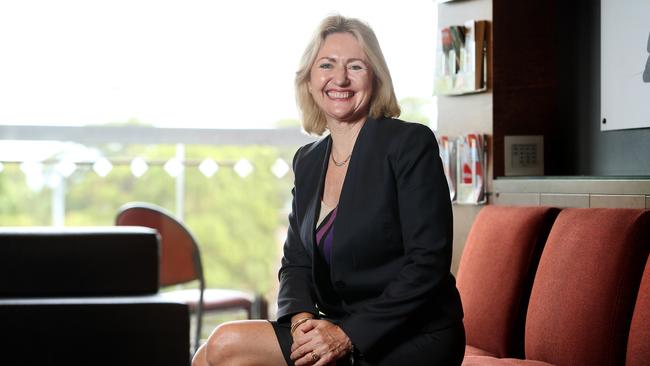
Mr Kazan revealed he and Ms Cunneen had become close through their shared ICAC experience.
“She’s been one of my staunchest supporters,” he said.
Premier Chris Minns have been contacted for comment.
A spokeswoman for the ICAC said: “In 2012, Mr Charif Kazal commenced proceedings in the Supreme Court of NSW seeking various orders, with respect to a finding of corrupt conduct made by the Commission against him in Operation Vesta, including declarations setting aside, or declaring the report invalid or unlawful, and that the determinations or findings were wrong in law.
“The matter was heard in February 2013 and dismissed with costs.
“No further legal proceedings were taken by Mr Kazal.
“Mr Kazal referred his complaints to the Inspector of the ICAC. In June 2017, the Inspector published a special report pursuant to s 57b and s 77A of the ICAC Act dealing with, inter alia, complaints made by Mr Kazal.
“The Inspector found no abuse of power and/or other form of misconduct or maladministration on the part of the Commission.
“The Commission has had no communication as to any process or outcome from the UN.”



